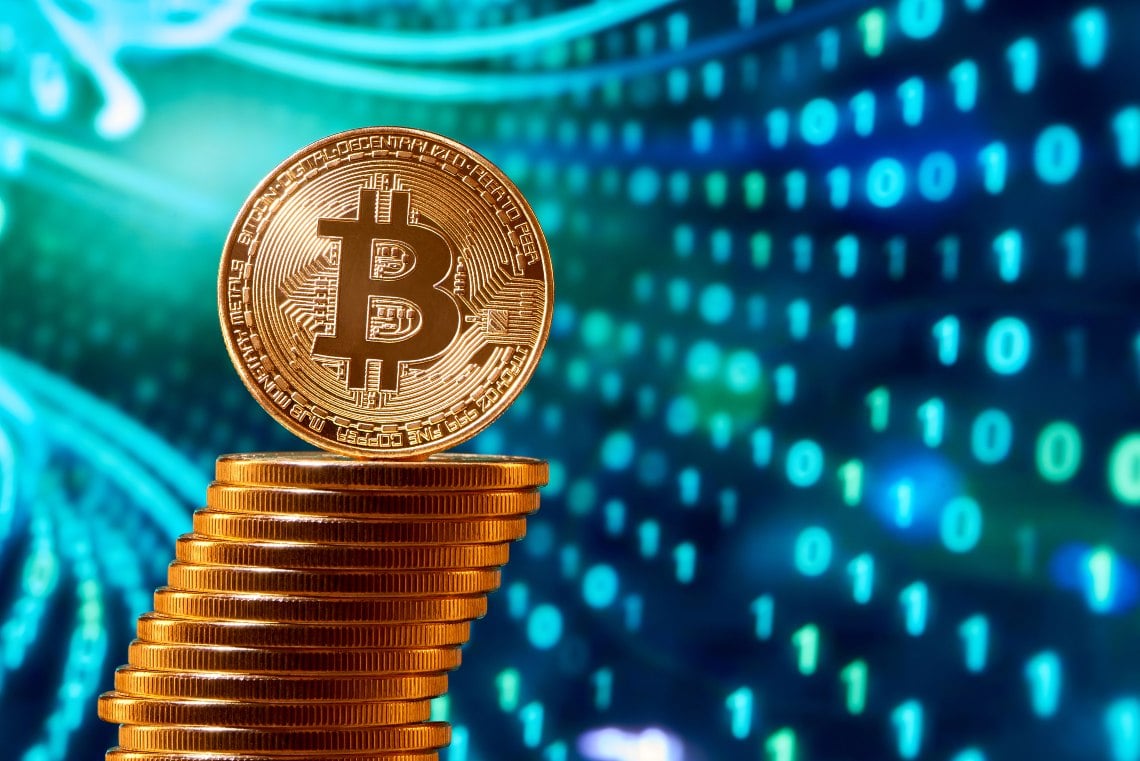I would like to list some aspects that in the future could bring Bitcoin into “intensive care”, in other words, taking away oxygen from Satoshi’s original project, which primarily aimed at creating a decentralized, anonymous and censorship-resistant currency.
When I approached the crypto world I was fascinated by the idea that bitcoin could be an alternative currency to the current ones and that the monetary monopoly of the government could gradually be replaced by a peer to peer currency.
Unfortunately, as time passed, I realized that the financial interests of governments are so strong that a digital currency (Bitcoin in this case) is seen as a threat by central powers.
The question is whether in the future governments will be able to stop or at least slow down the development of Satoshi Nakamoto’s project.
I will focus on three aspects, namely decentralization, anonymity and censorship because I see them as a starting point to claim that Bitcoin could be heading for a point of no return.
The question is: “how could institutions such as central banks, governments and corporations stop the takeoff of bitcoin which is relying on blockchain technology? What are the weapons that governments could unleash?”
The answer is that some of the attacks are already underway, others may materialize, all of which represents a serious threat to Bitcoin’s future.
Since Bitcoin’s production is accomplished through the work of the miners, who use computational power derived from ASICs, what would happen with a centralization of the mining process or a ban on the import and export of ASICs?
This factor could have a huge impact on one of the aspects I was initially talking about, namely decentralization.
If BTC is based on a peer-to-peer model, whereby each person can send and receive money through their own wallet, what would happen if in the future governments decided to incentivize custodial models (exchanges) through which they would automatically collect taxes?
This would take power away from people and give it to legislators. The increase in custodial models would be a gateway through which governments would control people’s savings and perhaps use these funds through a fractional reserve model.
Another problem related to BTC’s survival concerns the capacity of the blocks (number of transactions per second), which at the moment are around 3.
What is the point of maintaining the 1Mb limit in a world approaching a 5G connection? Due to the 1Mb block limit, the number of transactions in the future (which will probably increase considerably) will increase transaction costs and in this case, BTC will not be able to be used as a spending currency for example (in essence it would be missing what Satoshi Nakamoto states in the title of his whitepaper, “Bitcoin: A Peer-to-Peer Electronic Cash System”).
In this scenario, BTC will never be able to compete with FIAT currencies.
Why can BTC developers, those who basically control the protocol, decide that BTC should not be a currency but digital gold? Isn’t it suspicious that setting the 1Mb limit may be more convenient to central banks than to the people?
Another very important aspect is the link that exists between privacy and censorship. BTC will be subject to supervision by the institutions that will have access to KYC data, in this case, the centralization of the data (i.e. the ability to read the blockchain) would be in the hands of actors able to decipher the blockchain and therefore know who really is involved in the various transactions (in this case supervision may be associated with censorship).
If the whole ecosystem that revolves around cryptocurrencies considered these aspects, then one could imagine a future in which bitcoin will be remembered as a project that opened the door to other ecosystems that will guarantee decentralization, anonymity and censorship resistance.
One of the ecosystems that today could revolutionize the world of cryptocurrencies and that, at the same time, could make BTC assume a different role, is DeFi (decentralized finance).
Today, with the birth of decentralized finance, bitcoin could become a real bridge through which to access a truly decentralized ecosystem (dApps, DEXs).
A paradigm shift could really take place, in which BTC will definitively move from a means of payment to a store of value, and be used as a “collateral” to have spendable liquidity through projects such as pTokens and wBTC.
Claudio Mandalà



